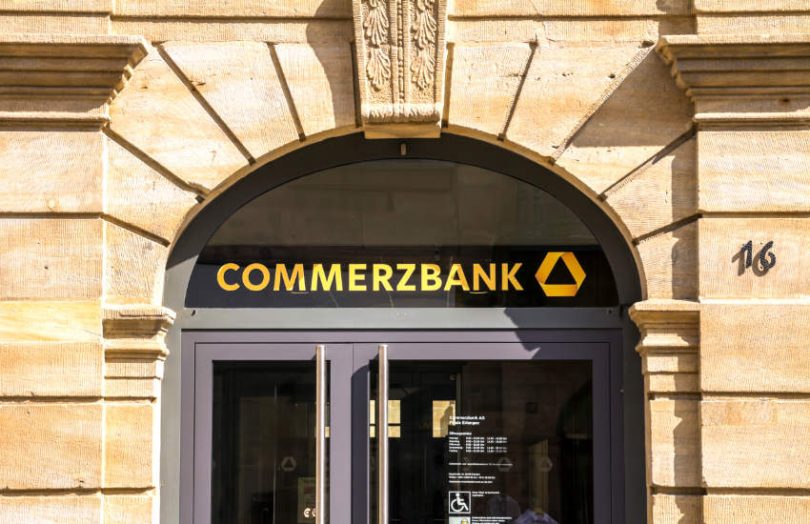German universal bank Commerzbank has applied for a digital asset custody license according to a Finbold report. The application was submitted to Germany’s financial regulator BaFin in the first quarter of 2022.
The license could allow Commerzbank to provide custodial services for cryptocurrency and/or tokenized securities and other digital assets. The bank confirmed it is both.
“In the field of ‘digital assets’, Commerzbank wants to help shape emerging digital ecosystems, especially with regard to custody and trading in non-physical assets. To this end, we entered into a cooperation with Deutsche Börse and Fin-Tech 360x in spring 2021,” said a spokesperson.
“In addition, we are pursuing our own digital asset strategy and are also planning our own offerings for our customers in the coming years. We have applied for a license from BaFin for the safekeeping of crypto assets for our customers, which include cryptocurrencies. The future offer is initially aimed at institutional customers.”
In recent years, many German banks have been interested in entering the digital asset or crypto asset custody business. By February 2020, 40 banks had approached BaFin to express their interest.
So far, the German financial regulator has granted licenses to startups rather than incumbent financial institutions. Only four crypto custodians appear on BaFin’s database, including Coinbase Germany.
Another potential area of interest for a Bafin license is the European DLT sandbox, which is expected to launch by the end of the year to allow EU financial markets to trial blockchain at scale, including the tokenization of conventional financial instruments.
Commerzbank already has extensive blockchain activities, particularly across payments and digital currencies, digital assets, and trade finance.
In 2020 the bank’s corporate venturing arm, CommerzVentures, invested in Curv, an institutional digital asset wallet provider that was subsequently acquired by Paypal in 2021.
Commerzbank has been involved in trials for using digital cash and programmable money involving Siemens, Daimler, and BASF. The bank has also highlighted the need for fungible tokenized commercial bank money using blockchain, where tokens are exchangeable between banks. And it’s a participant in Fnality, the blockchain-based interbank payment network which plans to launch its first network for British Pounds in October.
The bank is also a major participant in the Marco Polo trade finance blockchain.






